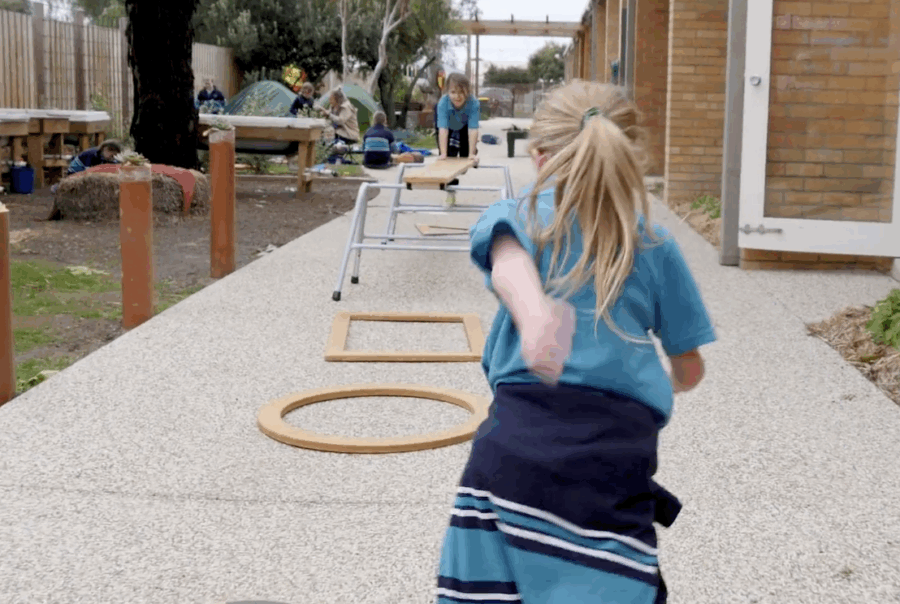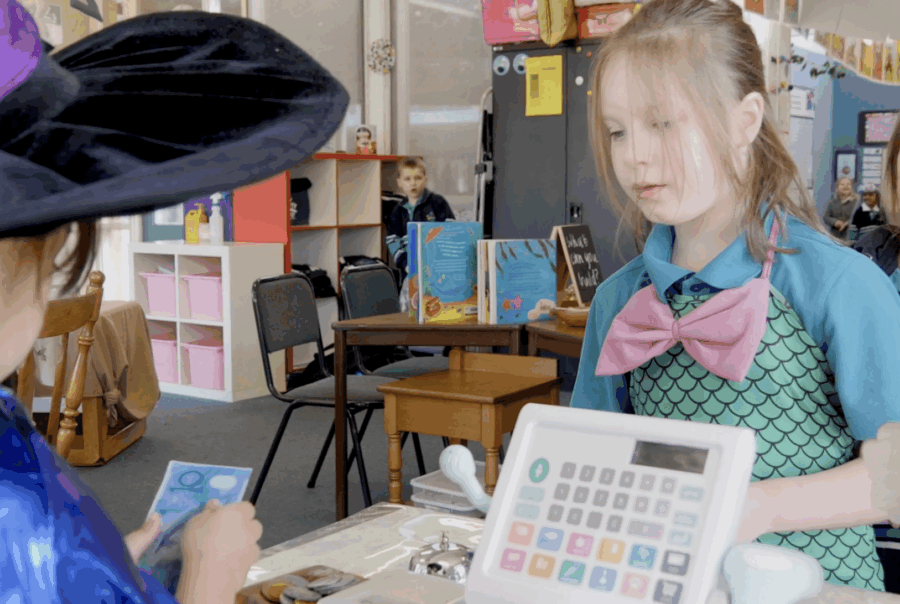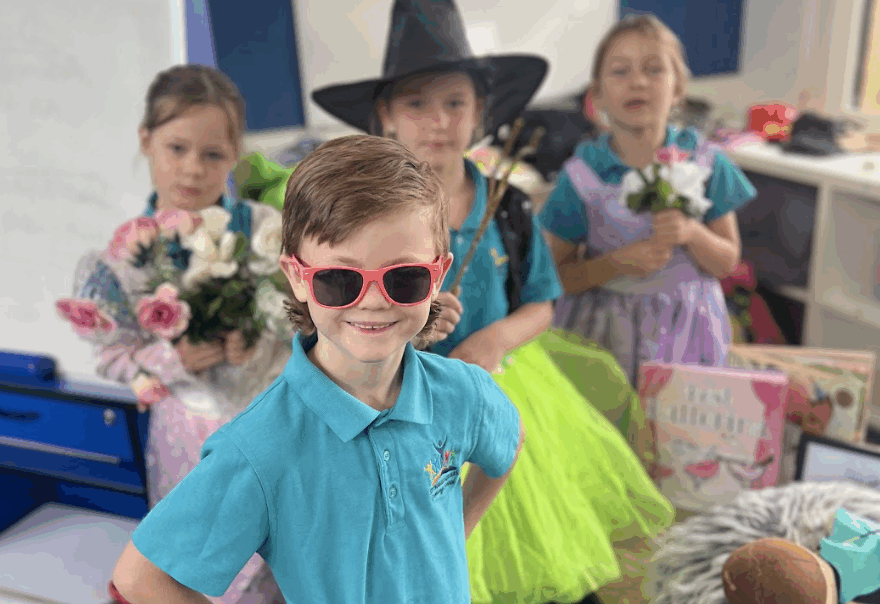Investigations
Learning Through Play
During Investigations, children explore through purposeful play — building, designing, creating, role-playing, and problem-solving. Teachers carefully plan experiences linked to the Victorian Curriculum, so that literacy, numeracy, and inquiry skills are practised in authentic, meaningful contexts. As children engage, teachers observe, question, and extend learning, ensuring that curiosity leads to growth.

Playing with Purpose

Play sparks discovery & learning
Roles & Responsibilities
A unique feature of the Walker Learning approach is the use of student roles that build responsibility, confidence, and reflection:
Focus Students – Each session, three students are chosen as focus students. Teachers observe them closely, providing targeted support and feedback on their learning and social interactions.
Reporter – One student shares with the class what they and others have discovered during Investigations, building oral language, listening, and reflection skills.
Photographer – Another student documents the learning through photographs, which become a visual record of the class’s discoveries and a way to reflect on progress.
These roles not only encourage participation but also develop leadership, accountability, and communication.
Growth in Learning & Relationships
Investigation Learning connects naturally with both academic outcomes and social-emotional development. Children apply literacy and numeracy skills in meaningful contexts — writing signs during role play, measuring ingredients while cooking, or classifying objects in building activities. At the same time, they learn to collaborate, share, negotiate, and solve problems with peers. These experiences nurture resilience, empathy, and confidence, helping children to see themselves as capable learners and caring members of the community.

Imagination at work during Investigations


